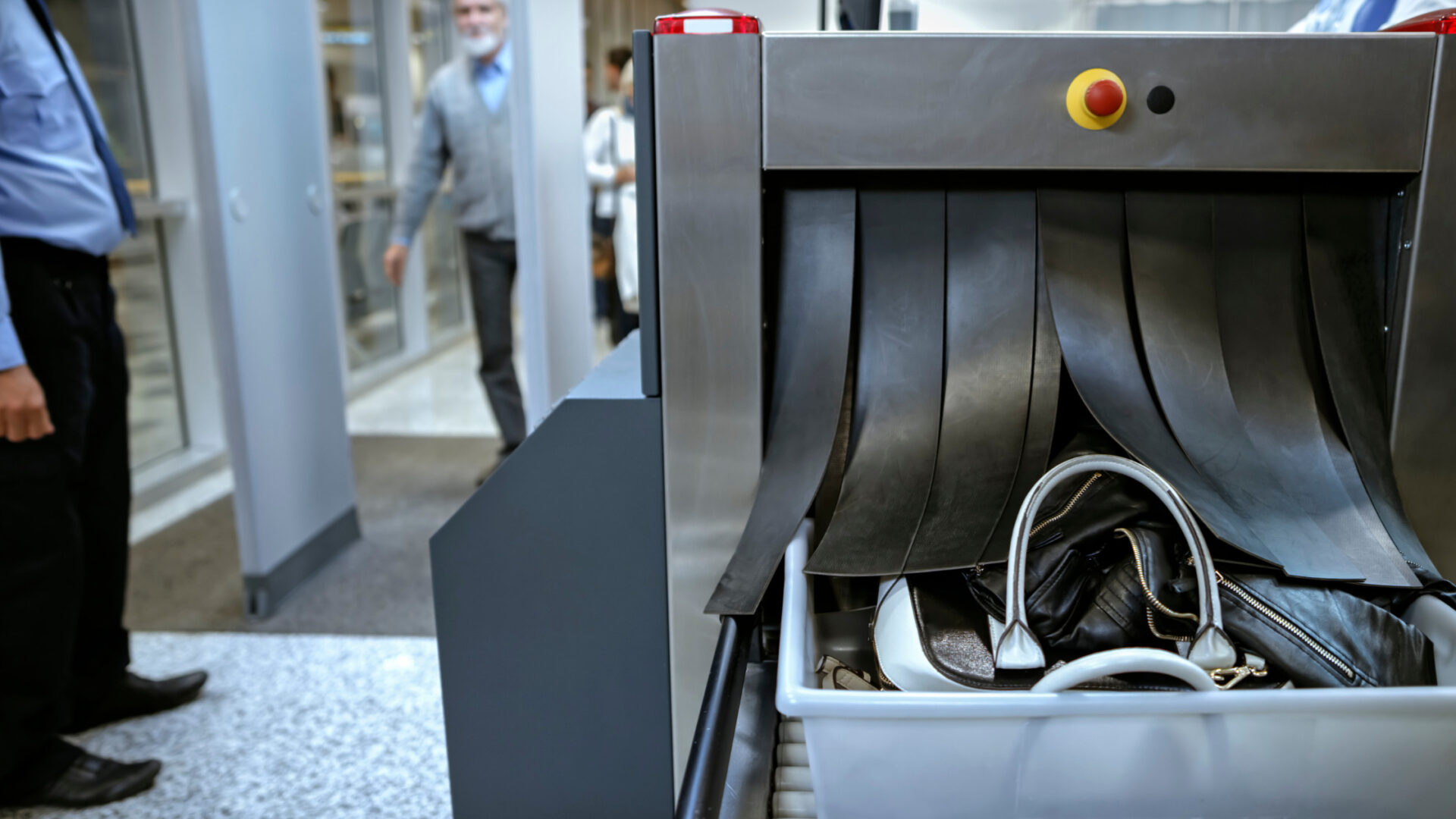
Deciding whether to bring your beloved pet along or leaving your pet behind during relocation or extended travel is one of the hardest choices a pet parent can face. As heartbreaking as it may seem, there are situations where leaving your pet behind may genuinely be the better decision—for their well-being and yours. In this article, we’ll explore the factors that might lead you to this decision, alternative solutions to consider, and how to ensure the best care for your pet if they must stay behind.
This isn’t just about logistics; it’s about love, responsibility, and making decisions that put your pet’s needs first.
Understanding the Emotional Weight of the Decision
When you think about leaving your pet behind, feelings of guilt and sadness are natural. After all, pets are family. However, sometimes the most loving choice is recognizing when the challenges of relocation or travel could cause undue stress, health risks, or even endanger their lives.
Real-life example: When Sarah, a Dubai resident, was relocating to Australia, she was thrilled about the new adventure. But her 12-year-old cat, Whiskers, suffered from severe anxiety and heart issues. After consulting her veterinarian, Sarah decided it was best to leave Whiskers in her parents’ care back home. Whiskers thrived in the familiar environment, free from the stress of travel.
Key Factors to Consider
- Age and Health of Your Pet
- Elderly pets or those with chronic health issues may struggle with the physical demands of travel or adapting to a new environment.
- Tip: Traveling with elderly or medically fragile pets can be particularly challenging.
- Travel Restrictions and Quarantine Laws
- Some countries have strict pet import regulations, including extended quarantine periods. These conditions can be stressful and even harmful for your pet.
- For UAE travelers, familiarize yourself with pet import regulations in the UAE.
- Behavioral Traits
- Pets with anxiety, aggression, or a strong attachment to their current home may find relocation distressing.
- Use resources like tips for reducing pet anxiety during air travel to evaluate their readiness.
- The Climate of the New Location
- Extreme climates (hot summers in Dubai or cold winters in Scandinavia) may not suit certain breeds, especially snub-nosed dogs.
- Learn how to protect them in challenging environments, such as keeping your pet hydrated during Dubai’s hot summers.
- Your Lifestyle Changes
- Long working hours, limited outdoor spaces, or restrictions on pets in rental accommodations might reduce the quality of life for your pet in the new location.
Alternatives to Leaving Your Pet Behind
Before making the decision, explore whether there are ways to relocate your pet with minimal stress:
Hire a Professional Pet Relocation Service
Professional pet relocation services can handle every detail, from crate preparation to ensuring compliance with international regulations.
- Insight: Check out the benefits of using a professional pet relocation service.
Consider Emotional Support Animal Status
If your pet qualifies as an emotional support animal, airlines and housing providers may offer more accommodating options.
- Learn more in Traveling with an Emotional Support Animal.
Choose a Pet-Friendly Airline
Certain airlines specialize in pet-friendly travel experiences.
- Read about the top 10 pet-friendly airlines.
When Leaving Your Pet Behind Is the Best Choice
If all alternatives are exhausted and the risks outweigh the benefits, leaving your pet behind can be the most responsible decision. Here’s how to ensure their comfort and care:
Find the Right Caregiver
- Family or Friends
- This is the ideal choice as it keeps your pet in a loving, familiar environment.
- Professional Pet Sitters
- Hire certified sitters who provide personalized care and attention.
Prepare Your Pet for the Transition
- Create a Care Plan
- Include feeding schedules, medical history, and emergency contact numbers.
- Transfer Familiar Items
- Leave their favorite toys, bedding, and even an unwashed shirt with your scent.
Regular Check-Ins
- Schedule video calls or updates from the caregiver to stay connected.
Real-Life Stories: Lessons Learned
Case Study 1: Leo’s Happy Staycation
When the Khan family learned they were relocating from Dubai to Canada for a career opportunity, their first thought was how to bring their beloved golden retriever, Leo, with them. Leo had been part of their family for six years, sharing road trips, park visits, and lazy evenings at home. The thought of leaving him behind felt unthinkable.
However, as the family began researching the logistics of moving Leo, they faced several challenges:
- Canada’s Long Flight Duration: The 14-hour flight and layovers posed significant stress risks for large breeds like golden retrievers.
- Climate Concerns: Leo was accustomed to Dubai’s warmth and might struggle with Canada’s cold winters, particularly during the adjustment period.
- Family Housing Limitations: Initially, the family would be renting a small apartment with limited outdoor space, which was far from ideal for an active dog like Leo.
After weighing their options and consulting a veterinarian, the family decided it was in Leo’s best interest to stay in Dubai temporarily until they settled into a more pet-friendly home. Fortunately, their close neighbors, who adored Leo, offered to take care of him.
How Leo Adjusted
The transition wasn’t immediate. Leo missed his family during the first few weeks and often waited by the door. To ease the separation, the Khans:
- Left Familiar Items: Leo’s favorite blanket and toys remained with him.
- Scheduled Video Calls: The family regularly video-called Leo to reassure him and stay connected.
Soon, Leo settled into his new routine. The neighbors, who had a teenage son and a large backyard, gave Leo the love and attention he needed. He spent his days lounging in the yard, playing fetch, and receiving endless belly rubs.
The Outcome
Months later, when the Khans were ready to bring Leo to Canada, they noticed how well he had adjusted to his staycation. Ultimately, they decided it was best for him to stay permanently with their neighbors, where he was thriving. Though the decision was bittersweet, they visited Leo every time they traveled back to Dubai, knowing they had prioritized his happiness and well-being.
Case Study 2: The Stressful Journey of Coco
The Patel family had an adventurous Jack Russell Terrier named Coco. Known for her boundless energy and curious personality, Coco had always been an integral part of their family. When they planned their move from the UAE to a country with strict quarantine laws, leaving Coco behind wasn’t even a consideration.
Relocation Challenges
Coco’s journey turned out to be more complicated than the Patels had anticipated:
- Lengthy Quarantine Period: Upon arrival, Coco faced a mandatory 30-day quarantine in a government facility. While the family assumed she’d adapt quickly, being separated from her loved ones caused significant stress.
- High Anxiety: Jack Russells are high-energy dogs that require daily stimulation and human interaction. The isolation in the quarantine facility, combined with the unfamiliar smells and lack of activity, made Coco restless and anxious.
- Physical Health Decline: Stress manifested physically—Coco lost weight, developed patchy fur, and suffered from digestive issues during quarantine.
The Family’s Regret
By the time Coco was reunited with her family, she was a shadow of her former self. Her usually playful demeanor had been replaced by nervousness and lethargy. Though they worked with veterinarians and behavioral trainers to restore her health, the Patels realized they could have spared her the ordeal.
What They Learned
In hindsight, the family admitted they should have considered alternatives:
- A Trusted Caregiver: Leaving Coco with a relative or a professional sitter in Dubai might have been a better option.
- Gradual Transition: Preparing Coco for quarantine with shorter periods of separation beforehand could have eased her stress.
- Professional Advice: Consulting pet relocation experts before the move might have helped the Patels make a more informed decision.
The Takeaway
Though Coco eventually recovered, the experience left a lasting impact on the family. They became vocal advocates for considering a pet’s temperament and unique needs before undertaking international relocation.
How to Cope with the Emotional Impact
Leaving your pet behind doesn’t mean you’re abandoning them. It’s a decision rooted in love. Here’s how to ease the emotional toll:
- Seek Support
- Join pet parent forums or groups where you can share experiences.
- Celebrate Your Bond
- Focus on the joy your pet brings and celebrate the milestones you can still share, even from a distance.
Conclusion: A Choice Rooted in Love
Leaving your pet behind is never an easy decision, but it can be the right one in certain circumstances. By considering your pet’s health, behavior, and overall well-being, you ensure that their happiness and safety remain the top priority.
Every situation is unique, and what matters most is making a decision with love, care, and responsibility. Whether you’re relocating to Dubai, heading on a short trip, or making a major life change, always remember that your pet’s best interests come first.
For more expert advice on pet care and travel, explore resources like common pet travel mistakes and how to avoid them or how to help your pet adjust to a new environment after relocation.

 Call +971559927669
Call +971559927669 


[…] your pet behind is the best option, you can read more about making the decision when it’s best to leave your pet behind to help guide your […]